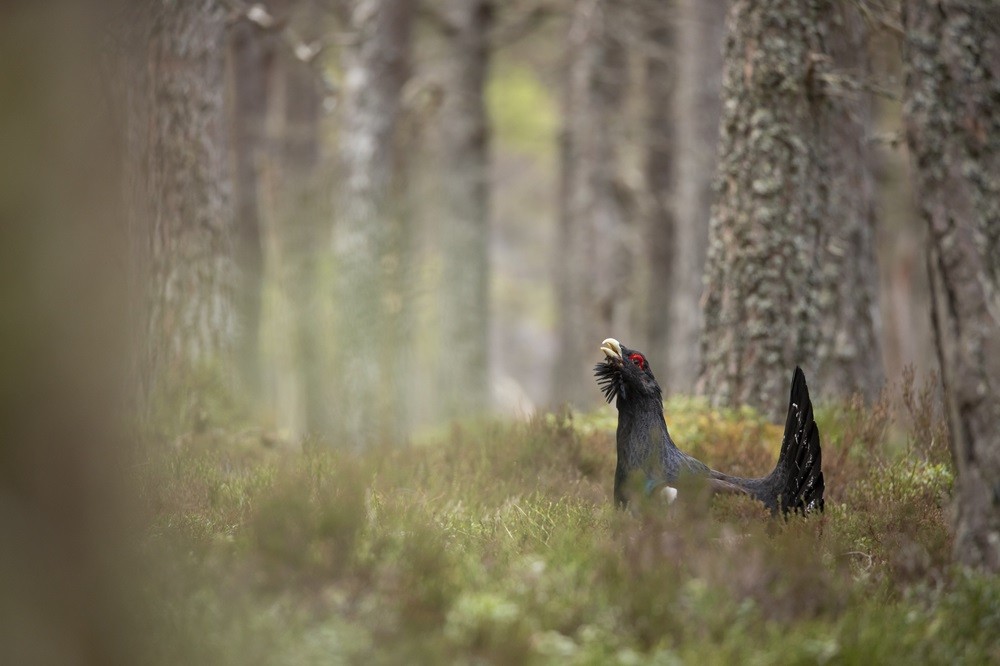Calling Wildlife Photographers to Protect the Capercaillie: A Plea for Conservation

The enchanting woodlands of the UK are home to a majestic and charismatic bird, the western capercaillie, also known by various names such as the Eurasian capercaillie, wood grouse, and heather cock. However, this iconic bird is facing a serious threat to its existence, with only 532 individuals left in the entire country. In this critical moment, wildlife photographers can play a pivotal role in the conservation of the capercaillie.
The Plight of the Capercaillie:
The dwindling population of the capercaillie is a cause for concern, with over 85% of these magnificent birds residing in just a few forests within the Cairngorms National Park. Disturbingly, the species faces multiple pressures, and one significant threat is human interference during their breeding season. Disturbing capercaillie is not only detrimental to their overall well-being but is also considered a criminal offense under UK law.
A Plea for Responsible Photography:
As wildlife photographers, we have the power to make a positive impact and contribute to the preservation of the capercaillie. To reduce our impact on these vulnerable birds and avoid committing wildlife crimes, it is crucial to refrain from searching for capercaillie during their breeding season, which spans from March to August. By acting responsibly and respecting their natural habitat, we can ensure that these birds are given the space and tranquility they need to thrive.
LekitBe Campaign:
To further support the conservation efforts for capercaillie, the Cairngorms National Park Authority has launched the #LekitBe campaign as part of the Cairngorms Capercaillie Project. This initiative aims to raise awareness about the challenges facing the capercaillie and encourages responsible behavior among wildlife enthusiasts, including photographers.
How Wildlife Photographers Can Help:
- Educate Yourself: Understand the habits and habitats of capercaillie to avoid unintentional disturbance during their breeding season.
- Spread the Word: Utilise your platform to raise awareness about the #LekitBe campaign and the importance of responsible wildlife photography.
- Follow Guidelines: Adhere to ethical wildlife photography guidelines and codes of conduct, ensuring minimal disruption to the capercaillie and their environment.
- Support Conservation Initiatives: Contribute to and participate in local and national conservation projects aimed at protecting the capercaillie and their habitats.
The time to act is now. As wildlife photographers, we have a responsibility to be stewards of the natural world and protect the creatures that inhabit it. By heeding the call to action, supporting initiatives like #LekitBe, and practicing responsible photography, we can collectively contribute to the survival of the capercaillie in Scotland. Let us unite in the pursuit of conservation, ensuring that future generations can continue to marvel at the beauty of this incredible species.
Visit www.lekitbe.scot to learn more and join the cause.










